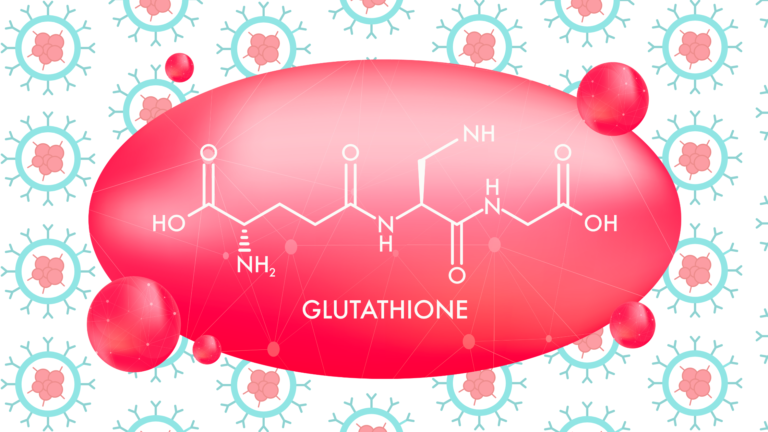
Berdi
urinary Track Health
Pregnancy is a time of profound physical and hormonal changes as the body prepares to nurture and sustain a growing life. Among the various nutrients crucial for a healthy pregnancy, vitamin D during pregnancy plays a significant role.
In this article, we will delve into the importance of vitamin D, its general benefits, and specifically the role of vitamin D during pregnancy.
Vitamin D, often referred to as the “sunshine vitamin,” is a fat-soluble vitamin that the body can produce when exposed to sunlight. It plays a vital role in various bodily functions, including bone health, immune system support, and cell growth. While some dietary sources contain vitamin D, the body’s primary source is sunlight.
There are two primary forms of vitamin D: vitamin D2 (ergocalciferol) and vitamin D3 (cholecalciferol). Vitamin D3 is often considered the more effective and preferable form of vitamin D for several reasons. The primary source of vitamin D3 is the skin’s exposure to ultraviolet B (UVB) sunlight, which triggers the synthesis of vitamin D3.

Before delving into the specific role of vitamin D during pregnancy, it’s essential to understand the general advantages of maintaining adequate vitamin D levels. Some general benefits of vitamin D3 are:
During pregnancy, the demand for nutrients increases significantly to support the developing fetus. Vitamin D becomes even more critical during this period, as it plays a multifaceted role in maternal and fetal health.
Vitamin D plays a crucial role in fetal skeletal development by promoting the absorption of calcium and phosphorus. Adequate levels of vitamin D during pregnancy are associated with proper bone mineralization in the developing fetus.
A study in the journal “SciElo” shows that maternal vitamin D levels are crucial for the bone health and calcium mineralisation of the newborn.
Vitamin D helps regulate maternal calcium homeostasis, ensuring a stable supply for both maternal and fetal needs. Insufficient vitamin D during pregnancy may lead to maternal bone resorption, potentially affecting fetal development.
During pregnancy, the maternal immune system undergoes complex changes to accommodate the growing fetus while maintaining defence against infections. Vitamin D plays a crucial role in modulating the immune response, contributing to immune system support for both the mother and the developing baby.
Research indicates that sufficient vitamin D levels during pregnancy may help reduce the risk of complications such as preeclampsia, a condition characterized by high blood pressure and potential organ damage. Research in the Food & Function journal shows that a vitamin D deficiency mid-pregnancy and at delivery is associated with an increased risk of preeclampsia, highlighting the immunomodulatory effects of vitamin D.

Furthermore, adequate vitamin D has been linked to a decreased likelihood of gestational diabetes, a condition associated with immune system dysfunction. A 2015 study in the journal “Nutrients” conducted a meta-analysis of observational studies, revealing that vitamin D deficiency increases the risk of gestational diabetes. The immunoregulatory properties of vitamin D may contribute to improved insulin sensitivity, reducing the likelihood of gestational diabetes.
Beyond gestational diabetes and preeclampsia, vitamin D’s immunomodulatory effects may help protect against other infections and inflammatory conditions during pregnancy. This is crucial for the overall well-being of both the mother and the developing baby. While more research is needed to fully understand the mechanisms involved, the existing evidence emphasizes the importance of maintaining adequate vitamin D levels to support a healthy immune system during pregnancy.
Research suggests that maintaining adequate levels of vitamin D during pregnancy may contribute to a reduced risk of preterm birth, a condition associated with potential health complications for the newborn. A randomized trial conducted by Wagner et al. (2013) investigated the impact of vitamin D supplementation on pregnancy outcomes. The study revealed that supplementation with vitamin D is associated with a lower incidence of preterm birth in the intervention group compared to the control group, emphasising the potential role of vitamin D in promoting full-term pregnancies.
Preterm birth is a significant public health concern globally, and understanding the factors that may influence its occurrence is crucial. Vitamin D’s involvement in immune regulation and its impact on inflammation could be one mechanism through which it influences the timing of birth.

While sunlight and dietary sources are essential, it can be challenging to meet the increased requirements of vitamin D during pregnancy solely through these means. This is where vitamin D supplements play a crucial role. Route2Health’s Vitamin D3 provides 5000 IU of vitamin D3 daily.
In conclusion, ensuring adequate vitamin D levels during pregnancy is paramount for the health and well-being of both the mother and the developing baby. The sunshine vitamin’s multifaceted benefits, including bone health, immune system support, and reduced risks of pregnancy complications, underscore its significance.
If you are concerned about your vitamin D levels during pregnancy, consider taking vitamin D3 supplements. This proactive step can contribute to a healthier pregnancy and provide a solid foundation for your baby’s well-being.
Vitamin D plays a crucial role in reducing the risk of complications like gestational diabetes, preeclampsia, and preterm birth.
Vitamin D deficiency during pregnancy may lead to developmental issues in the baby, including a higher risk of asthma, allergies, and impaired cognitive development.
While sunlight and diet contribute, it can be challenging to meet increased requirements solely through these means. Supplements like Route2Health’s Vitamin D3 may be necessary.
Although the recommended dosage varies, all pregnant women should take at least 600 IU of vitamin D daily.
Yes, excessive vitamin D intake can have adverse effects, underscoring the importance of consulting with a healthcare provider for proper guidance.











©2023 Route2Health®️
NTN: 2229383
AN ASSOCIATED COMPANY OF HIGHNOON LABORATORIES
STRN: 0301999937728

WhatsApp us
